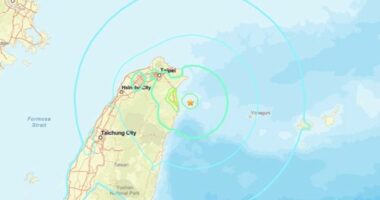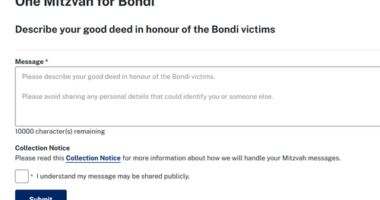Share this @internewscast.com

A warning has been issued to Australians to remain vigilant about “ghost stores,” as victims find limited options for resolution.
According to the Australian consumer watchdog, at least four stores have been identified for misleading buyers into purchasing subpar products.
These stores often masquerade as local Australian businesses claiming to be shutting down and selling top-quality items, yet they are actually overseas operations dealing in low-grade, drop-shipped clothing and footwear.
“This practice takes advantage of consumers’ genuine desire to support local companies,” stated Catriona Lowe, deputy chair of the Australian Competition and Consumer Commission.
The commission specifically issued public warning notices about everly-melbourne.com, willowandgrace-adelaide.com, sophie-claire.com and doublebayboutique.com.
However, the issue appears to be more widespread, with the watchdog receiving at least 360 reports about 60 online retailers since the start of 2025.
Many complaints alleged ghost stores were refusing to provide refunds, were offering only partial refunds, or were not responding to complaints at all.
Normally, Australians could pursue their consumer rights and go to a local store.
However, since many of these stores are based abroad, standard consumer protections do not apply, as noted by Stephen Nowicki, legal director at the Consumer Action Law Centre.
“There’s very little you can do,” he added.
The commission has urged consumers to contact their bank to see if they can reverse the charge or stop the transaction.
While this can be done when Australians fall victim to scams, the situation with ghost stores is less clear because shoppers still receive a product.
“It becomes harder in these kinds of situations, compared to an outright scam, to know what is a genuine discount versus what someone is presenting as a discount but is something not worth what they are promoting it as,” Mr Nowicki said.
But there are some potential areas for reform.
While passing laws to give consumers jurisdiction over foreign businesses is not feasible for governments, they could potentially act to block and prevent such advertising initially.
How to spot a ‘ghost store’
Operators generally target Australians through social media ads on platforms like Facebook and Instagram. They make themselves appear local by closing and then rebranding under new names that use different Australian suburbs, towns or cities.
The competition and consumer commission has written to Meta, which owns both platforms, and e-commerce giant Shopify, which can be used to host and operate ghost web stores. It has also tried to educate shoppers.
Ghost store domains often end with “.com” and not “.com.au”, and many use AI-generated images.
They also generally do not provide a physical address or a means of contact beyond an email address, while their Privacy Policy or Terms of Service sometimes refers to international regulations rather than Australian laws.













